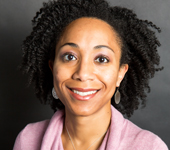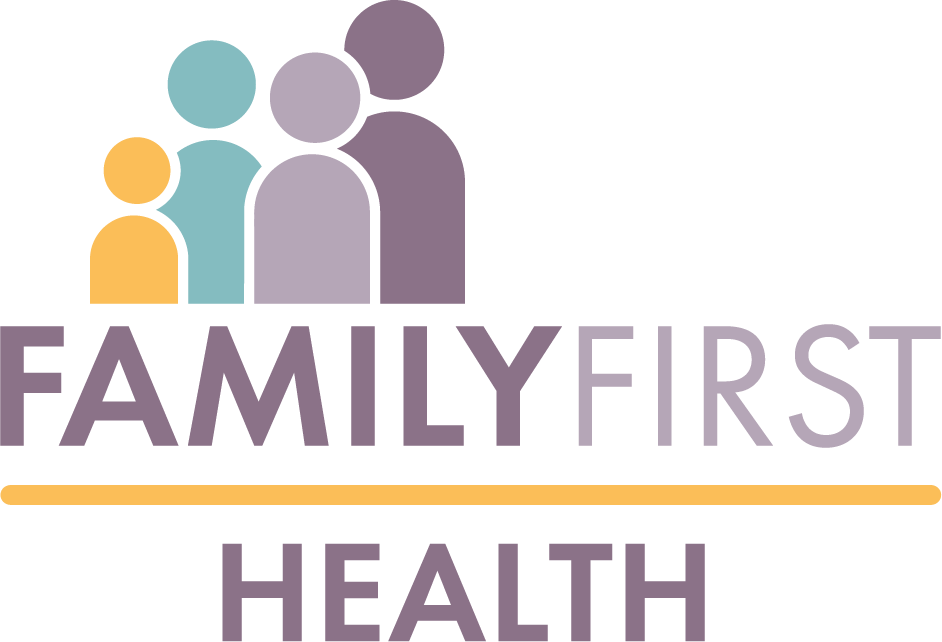When Dr. LaJuan Mountain first started practicing at Family First Health, she spent most days caring for patients in need of immediate pain relief. Patients weren’t coming to her for regular cleanings or to take care of the long-term health needs of their teeth and gums.

“We had to transform the way patients in our community looked at dental care,†Dr. Mountain said. “When I started at Family First Health, our patients came to us when they were in pain, not for ongoing oral care needs. We had to shift from an acute model of care to a comprehensive model so patients would come to us to maintain the health of their teeth.â€
Community Dental Care Outcomes Depend on Trust
As in many underserved communities, making that switch and getting patients into a preventive maintenance care routine isn’t always simple. Dr. Mountain and her team still have to convince patients to walk through the door.
“Treating patients is easy,†Dr. Mountain said. “Getting them to trust the dentist enough to get treated is where the hard work comes in. It takes us engaging with them and treating them like human beings. Trust is what it takes to move a patient from only coming to us when they’re in pain to coming back every six months so their mouths stay healthy.â€
Once a patient does start coming in regularly for oral care visits, there’s even more trust-building that needs to take place.
“If my patients don’t trust me, then they’re not telling me what’s really going on with their health and in their lives,†Dr. Mountain said. “And, if I don’t know about their history and the issues they’re dealing with, I can’t provide them with the best care. It’s my job to get them to feel comfortable.â€
As community dental care providers, our team at Family First Health can’t look at dental patients in a vacuum. Patients come to us with other health challenges that must be considered and addressed when planning dental care.
“A patient may come to us to treat tooth pain,†said Dr. Mountain. “Let’s say we determine that the tooth must be removed. But, when we take the patient’s blood pressure during the appointment, we see that it’s elevated. The patient also discloses having taking blood pressure medicine in the past. This changes the way we provide treatment.â€
In this patient’s case, Dr. Mountain and her team would provide over-the-counter medication to treat the tooth pain. Then, they’d warmly introduce the patient to Family First Health’s medical office for a blood pressure evaluation. Once the patient’s blood pressure was stable, the tooth concerns would be addressed.
Community Dental Services Need to Be Accessible to Be Effective
After trust, getting a patient into the dentist’s chair comes down to accessibility. For a large number of our patients, making it to a dental appointment means taking a day off of work.
Accessibility is often a barrier for the children in our community, as well. When Dr. Mountain saw how difficult it was for parents to bring their kids to the dentist, she decided to go to them. She co-launched our Kids for Cavities program, treating students in K-8 across eight schools in Southern York. She and her team can now clean teeth and care for students right from inside the school.
“We realized that accessibility was a main issue with children in our community seeing a dentist,†Dr. Mountain said. “So, we established our Kids Against Cavities program and brought the dentist to the students.â€
Dr. Mountain and her team provide students with preventive dental care such as exams, x-rays, cleanings, fluoride, and sealants during their school day. Mobile dental equipment is utilized to deliver care. In addition to the preventative care, the students receive hands-on oral hygiene instructions. During the visit, the students sit in front of a mirror so Dr. Mountain can demonstrate proper brushing and flossing techniques, as well as feedback and instruction.
The Kids Against Cavities program provided 4,000 visits last year to kids who would not have received dental care had it not been for Dr. Mountain’s team. And now, thanks to the program, Dr. Mountain is treating far more kids and preventing many more cavities than if she’d relied on each student coming to her in the office.
“We also see that the kids we treat end up being a doorway for the parents’ own oral health care,†she said. “If a parent has one child taking part in Kids Against Cavities, they may bring their younger children into the office or make an appointment for themselves.â€
When We Build Trust with Our Dental Patients, We Can More Easily Identify Other Urgent Health Needs
This year, as Family First Health celebrates its 50th anniversary, we’re seeing another evolution in dental care in our community. We’re using dental care as a seamless referral system for our behavioral health and primary care services. This starts by connecting our practitioners who can then better connect our patients to the other care services they need.
“A patient with elevated blood pressure, as I mentioned, will be connected to a primary care provider for an evaluation,†Dr. Mountain said. “If a patient comes in for a cleaning and I notice evidence of trauma or emotional distress, I’ll have the right behavioral health provider in the room on the spot.â€
Family First Health has always been ahead of its time, evolving our services to the changing needs of our community’s underserved population for our First 50 years. We’ll continue to set new standards and be there for our community members over the next 50, as well.
Help Our Community Dental Services Team
Our ability to serve our community over these First 50 years is thanks to dentists like Dr. Mountain and innovative programs like Kids Against Cavities. Join us in celebrating our First 50 by supporting us as we continue to care for you and our entire community. Click below to make a donation and help us continue to provide high-quality health care services over the next 50 years!
